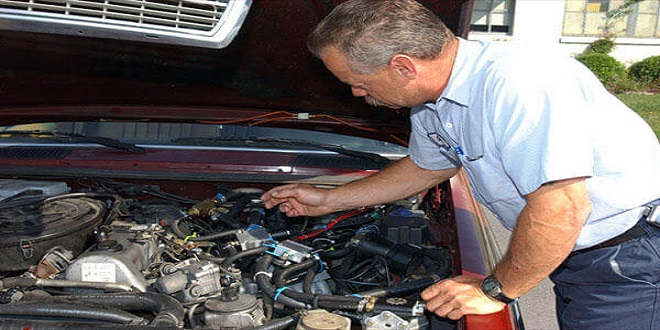Fuel system problems may occur for a variety of reasons. Some remedies, such as replacing a fuel filter, are relatively inexpensive. Others, such as replacing a fuel pump, are costly. Because unethical mechanics often try the more expensive solutions first and work backward to the cheaper ones, you end up paying for all the time, labor, and parts involved.
You can avoid the expense of repairs that don’t solve the problem by using the instructions in this chapter to check things out before heading for professional help. If you can do the job yourself, great! If you can’t, you will still be able to discuss the less-expensive possible solutions with your service facility and request that they try them first.
If these work, they won’t waste their time (and your money) on lengthy test drives and diagnostics. At the very least, try to do the simple adjustments and maintenance tasks (such as changing the air filter ) yourself. Doing so will cost you little in time and money and may prevent major repair bills. Plus you can brag about doing it yourself.
should be checked and replaced, if necessary, at the intervals specified in your owner’s manual, or you may risk voiding your warranty . Otherwise, your fuel system should just hum along for years. If it breaks down, don’t monkey with it; take it to a professional for repairs.
If your vehicle has a carburetor, it requires periodic tune-ups to keep it operating at peak efficiency. Regardless of what kind of fuel system your vehicle has, it requires the basic maintenance (such as changing air and fuel filters and PCV valves ) mentioned in this .
All the work in this chapter is under-the-hood stuff, so you don’t need to jack up your vehicle, and you probably don’t have to indulge in any acrobatics to reach the scene of the action.
Before you undertake any of the work in this chapter, be sure to read (or reread 7. If you understand where the part you’re dealing with fits into the system and what it does, you’ll have a clearer idea of why the work you’re doing is necessary and how it needs to be accomplished.
This knowledge not only makes the job easier and more pleasant, but it also helps you locate each part and understand how it functions. Also check out the coverage of safety, buying parts, and taking things apart and putting them together again .
Believe me, the aggravation you can prevent with just a little preparation is well worth the time! If your vehicle isn’t due for regular maintenance and it isn’t starting right up in the morning, starts conking out at stoplights or running roughly, or is producing readings that indicate problems on the electronic diagnostic machine at your repair shop, it may be a good idea to try the work outlined in this chapter before opting for major surgery.
Last word
venif it turns out that the problem calls for more drastic measures, you’ll still have taken care of maintenance that would have been necessary before too long. Whenever you encounter a term set in this font, you’ll find it defined in the glossary in Appendix A.
 Jobsearchdone.com Top News Share Website
Jobsearchdone.com Top News Share Website




